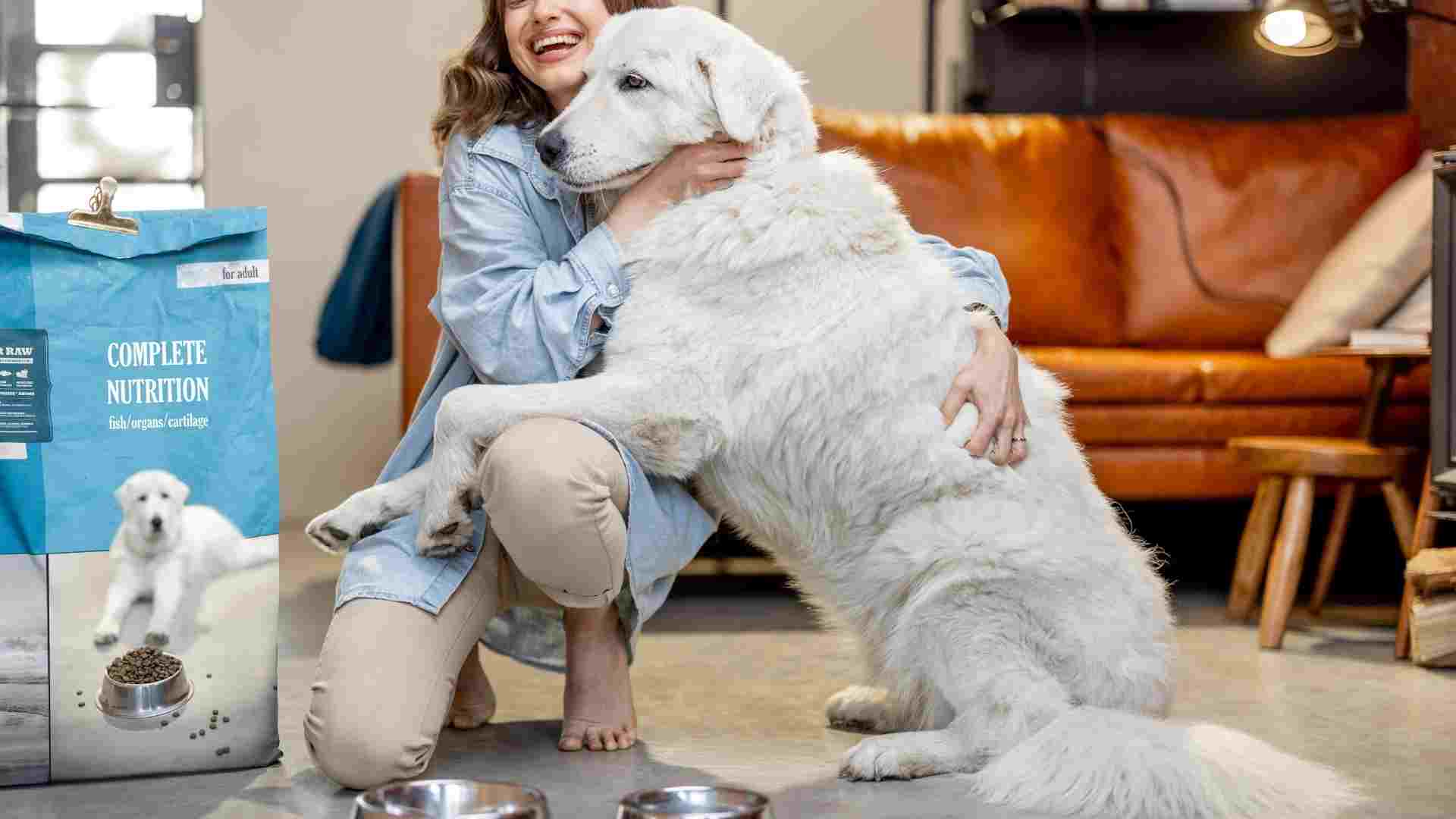Some dogs want belly rubs. Others want treats. But these dogs? They want you. All of you. And they aren’t afraid to let every other animal within a 10-foot radius know that you’re taken.
We’re talking about dogs that form ultra-deep bonds with their humans and don’t exactly roll out the red carpet for other pets. Whether it’s a cat, another dog, or even a confused houseplant—these breeds get possessive. They’re the “no new friends” type, fiercely loyal and sometimes hilariously overprotective.
This behavior can be rooted in instinct, like guarding tendencies or breed-specific traits, but it often just comes down to attachment. These dogs treat you like royalty—and everyone else like an intruder. Of course, training and socialization go a long way—but some breeds are just born with that “you’re mine” mindset.
If you’re looking for a dog that bonds deeply, guards loyally, and maybe glares at your cat, this list is for you. Meet the breeds that don’t share hearts easily—they want yours all to themselves.
Dog Breeds That Never Allow Other Animals Near Owners
1. Doberman Pinscher
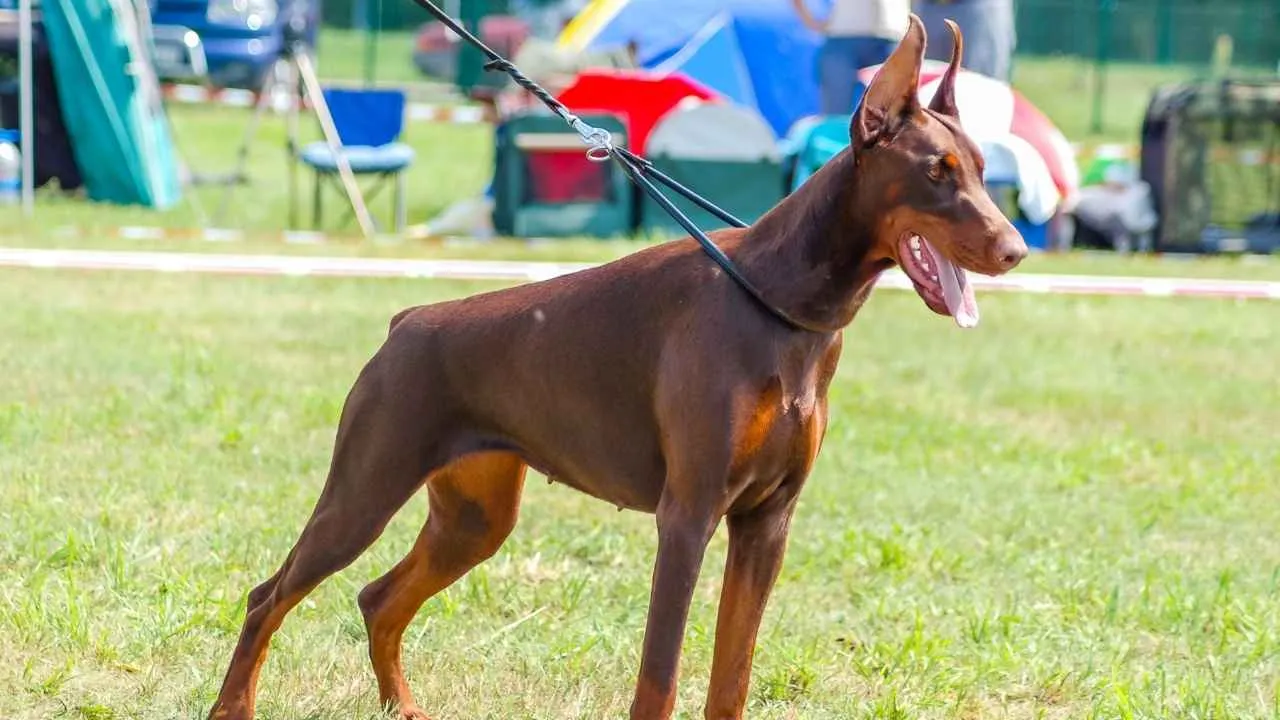
If a Doberman had a motto, it would probably be: “My human, my rules, my perimeter.” These sleek, muscular protectors don’t just bond with their humans—they fuse to them like shadowy, four-legged bodyguards who don’t do uninvited guests.
Whether it’s a cat, squirrel, or your friend’s well-meaning Golden Retriever, the Dobie’s message is clear: step away from the human. This breed is all heart and loyalty wrapped in a high-speed, alert package.
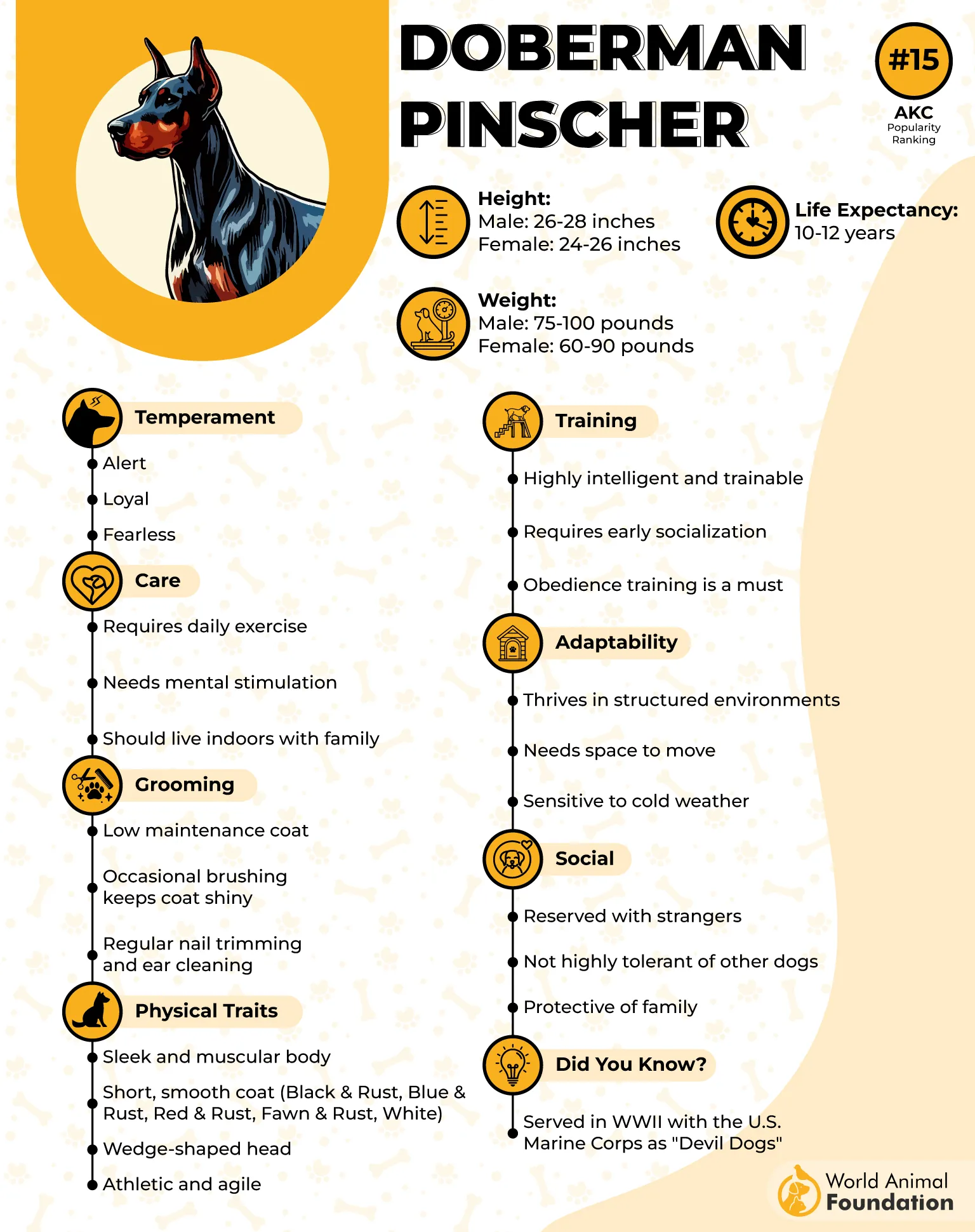
Originally bred to guard and protect, Dobermans take their job seriously. Like, no-days-off seriously. If another animal even thinks about cozying up to their person, the Dobie will be watching—probably already plotting an elegant but unmistakable redirect.
Highly intelligent and quick to assess situations—and “situation” usually means other pets getting too comfy.
Built like canine athletes, Dobermans aren’t afraid to physically insert themselves between you an a potential “threat” (read: literally any animal).
Incredibly loyal—they’ll follow you into battle or the bathroom, whichever comes first.
Always watching—seriously, you’ll feel the laser gaze from across the room.
While they can get along with other animals if socialized early and well, their default setting is “loyal protector first, social butterfly… maybe never.”
Warning: They might allow the cat to live in the house—but only if it respects the Doberman’s clear, unspoken rule: don’t touch the human.
2. Bullmastiff
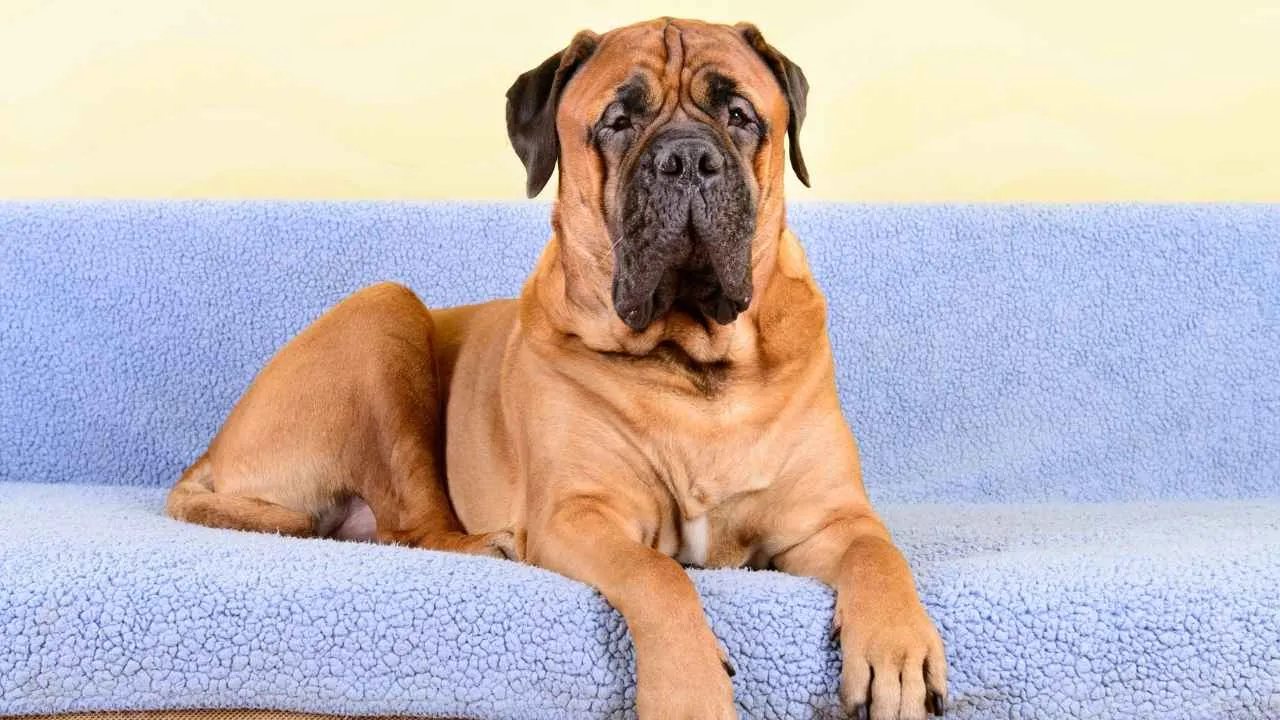
The Bullmastiff doesn’t bark much, but when it comes to guarding their favorite humans, silence speaks volumes. Bullmastiffs are a mix of the English Mastiff and Old English Bulldog and were later recognized as purebred dogs by the Kennel Club. They share traits with Molosser breeds.
Picture a 130-pound, living bulldozer who thinks it’s totally normal to sit on your lap, block the doorway, and throw side-eyes at every other living creature in a 10-foot radius. Charming? Yes. Territorial? Also yes.
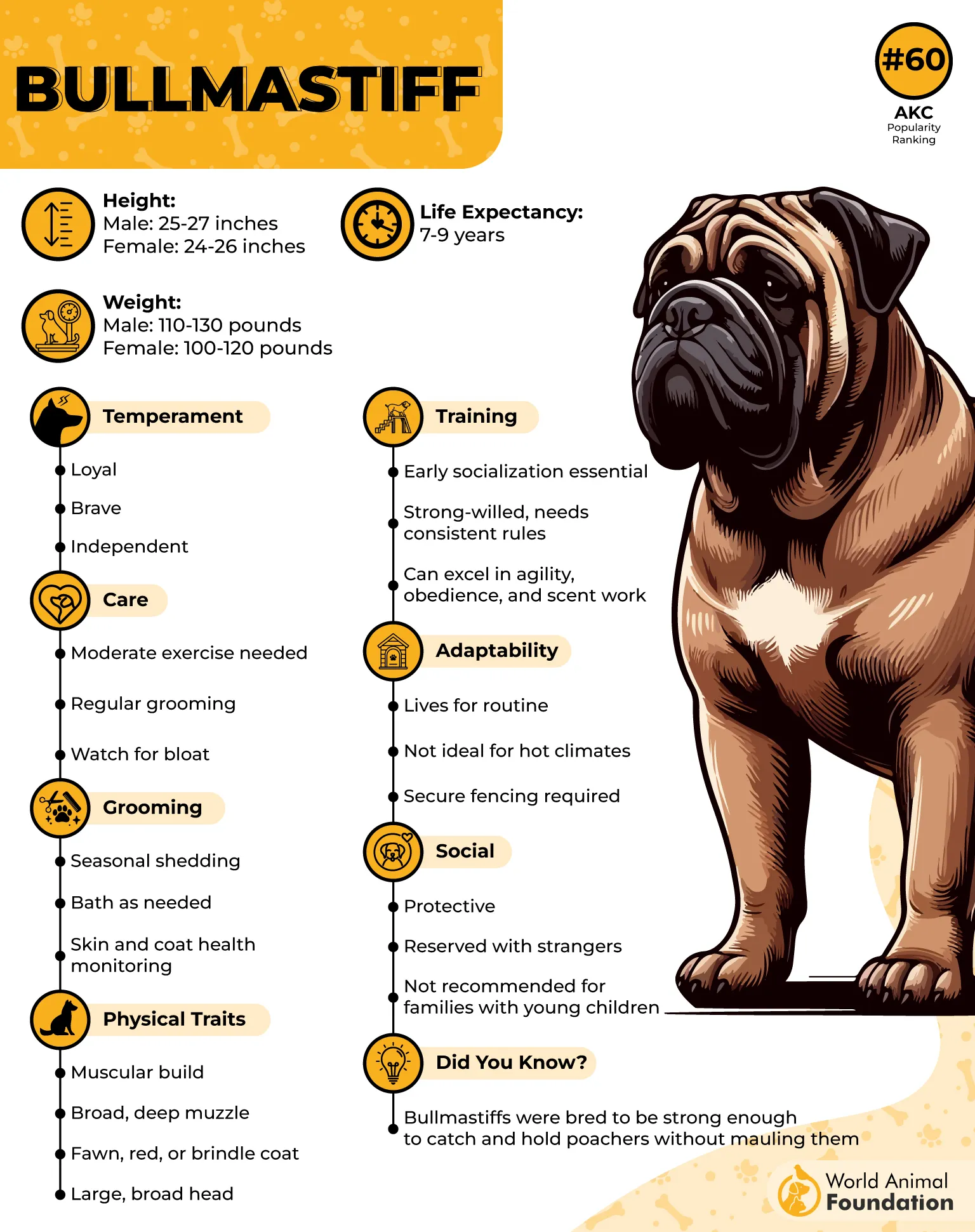
Originally bred to pin poachers without harming them (seriously), Bullmastiffs now pin attention—with equal intensity—on their people. And if another dog or curious critter tries to move in for a snuggle? Nope. This breed operates with a “one-human-at-a-time” loyalty program, and you’re the platinum member.
Natural protectors with a “don’t mess with my human” energy.
Calm and quiet, but every inch of that muscle is on high alert when other animals are around.
Deeply affectionate—and they expect exclusive rights to your love.
Massive presence that says, “Back off,” without needing to growl.
As per WebMD, unlike some other dogs, Bullmastiffs tend to be less friendly; as puppies, they can be reserved and may feel intimidated when strangers touch or approach them closely.
If you want a couch potato who’ll also act like the furry version of a jealous bodyguard at a nightclub, the Bullmastiff delivers. Just don’t expect him to host playdates—he doesn’t do guest lists.
3. Belgian Malinois
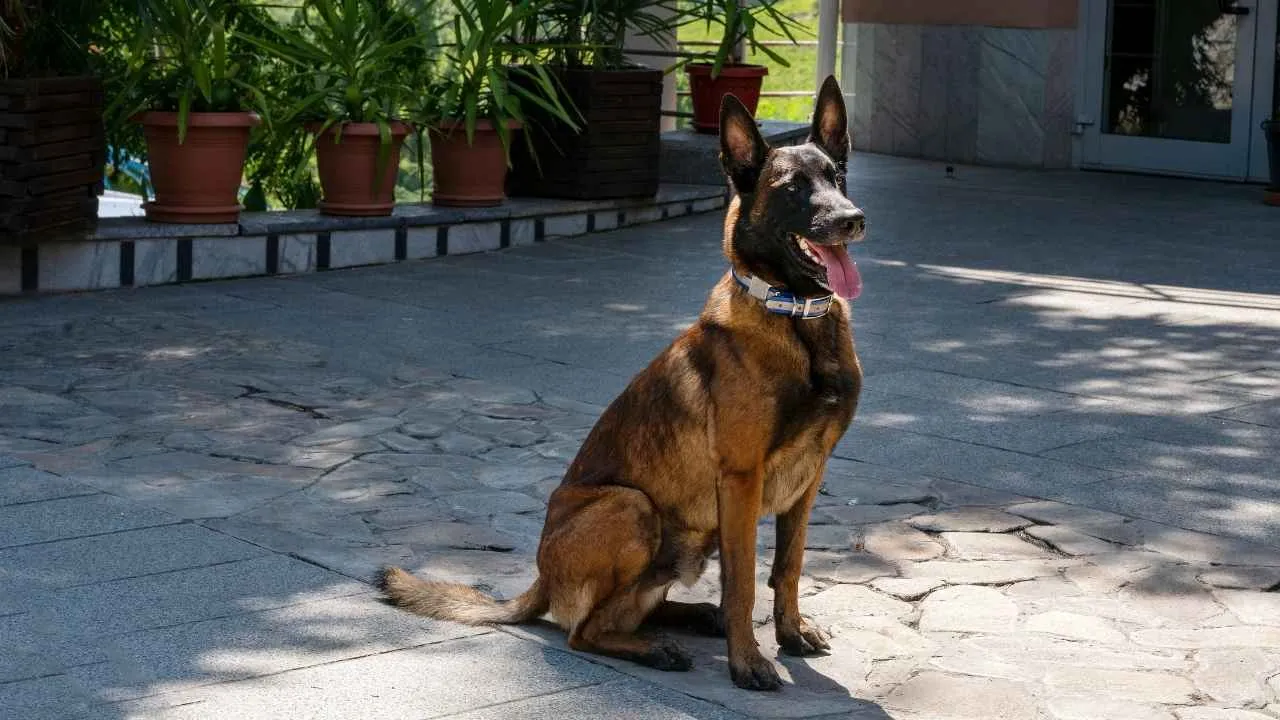
If James Bond were a dog, he’d be a Belgian Malinois—sleek, smart, and absolutely obsessed with keeping you safe (even if that means scaring off the neighbor’s Yorkie).
These ultra-driven working dogs aren’t just loyal; they’re laser-focused on YOU, and they take their job of guarding your life (and your lap) very seriously.
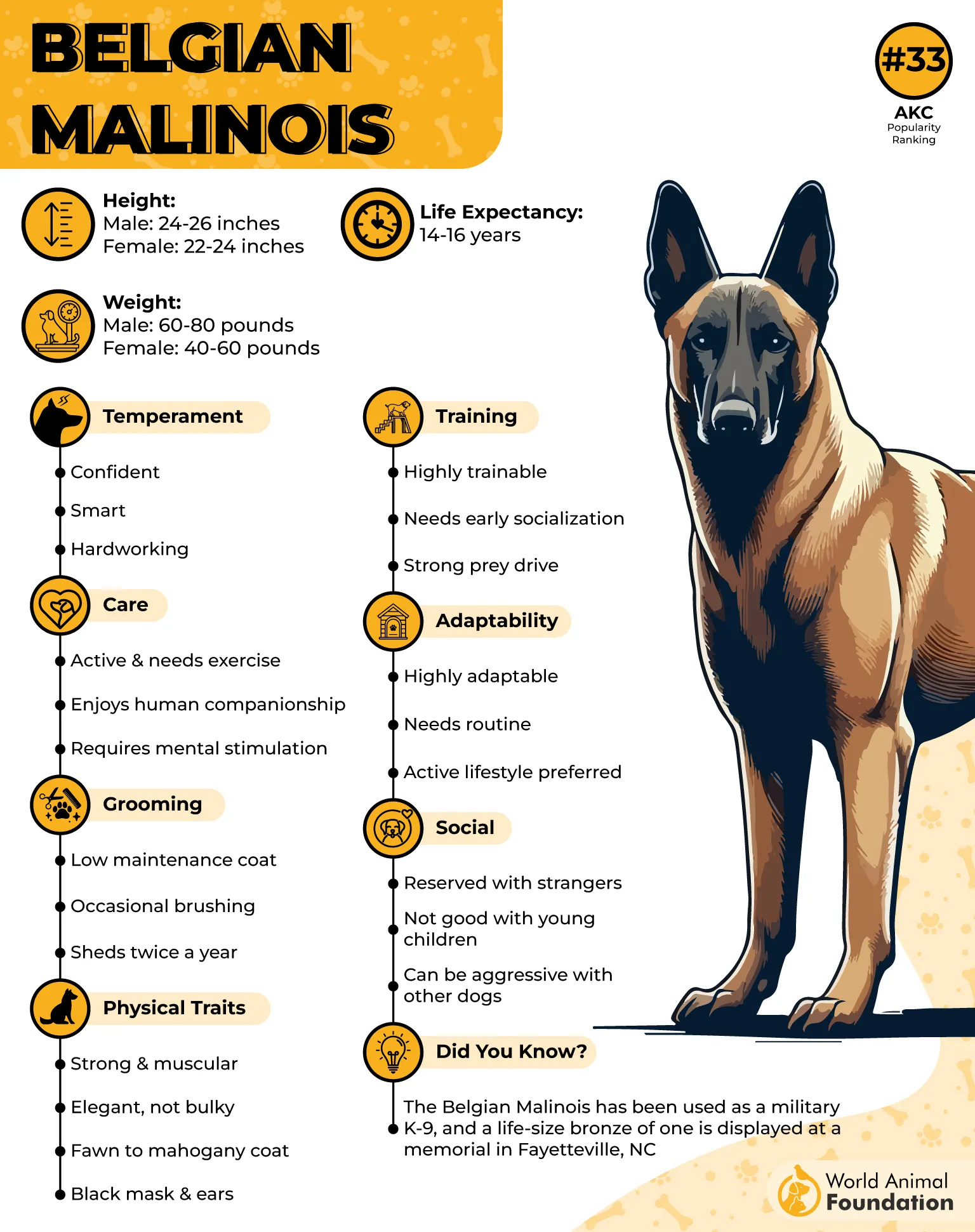
To a Malinois, other animals are distractions at best, threats at worst. And if one dares to nudge in while you’re dishing out praise or pets? You might catch a very polite but pointed “back-off” bark—or a full-body block between you and the interloper.
Brilliant and trainable, but wired to be intensely protective.
High energy and always alert—no squirrel, dog, or butterfly shall pass.
Incredibly loyal—they’ll choose you over literally everything else.
Guard-dog instincts that rarely take a break, even in social settings.
These dogs are highly intense and thrive when included in all family activities. They aren’t the best fit for owners who work long hours or travel frequently.
Belgian Malinois need purpose, structure, and one true human to serve. So unless you’re a multi-pet household with military-grade obedience levels, be prepared: this breed does not believe in open relationships—they’re a one-human kind of dog.
4. Cane Corso
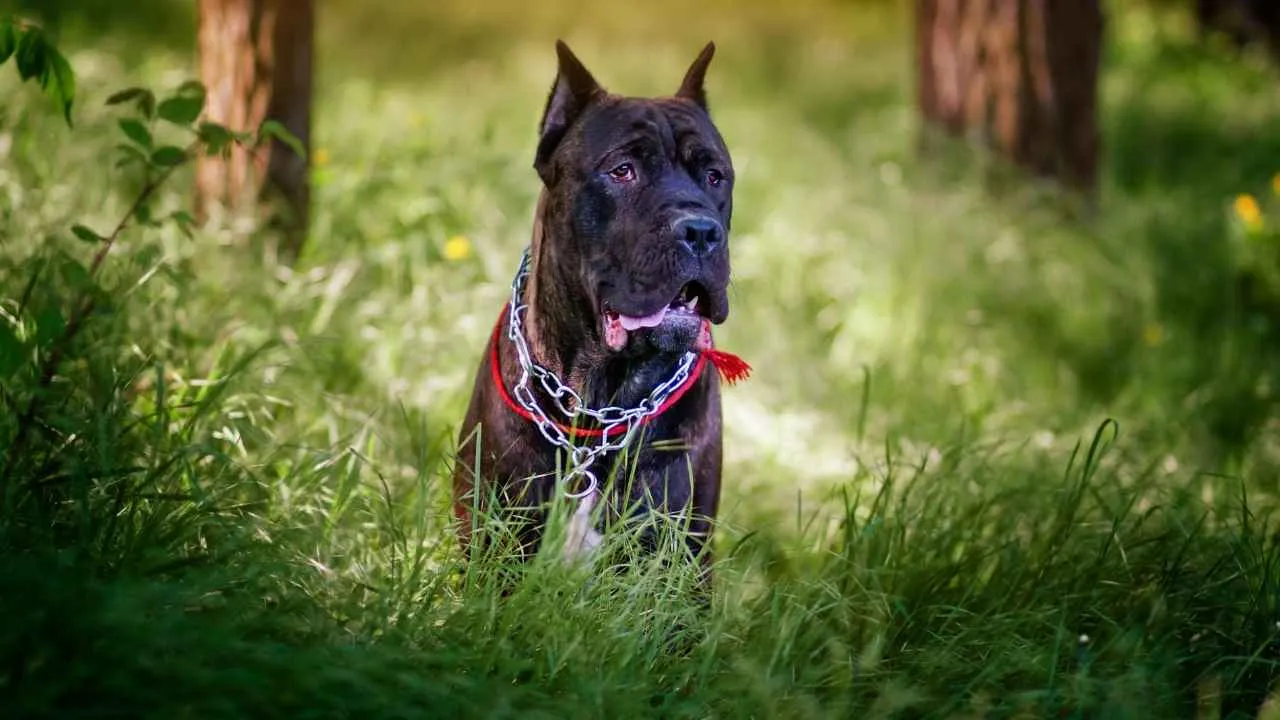
Meet the Cane Corso: an Italian guardian with the vibes of a Roman gladiator and the loyalty of a bodyguard sworn in by ancient ritual.
This isn’t your average “throw the ball” kinda pup—this is a one-person security system with paws, power, and zero tolerance for uninvited guests (furry or otherwise).
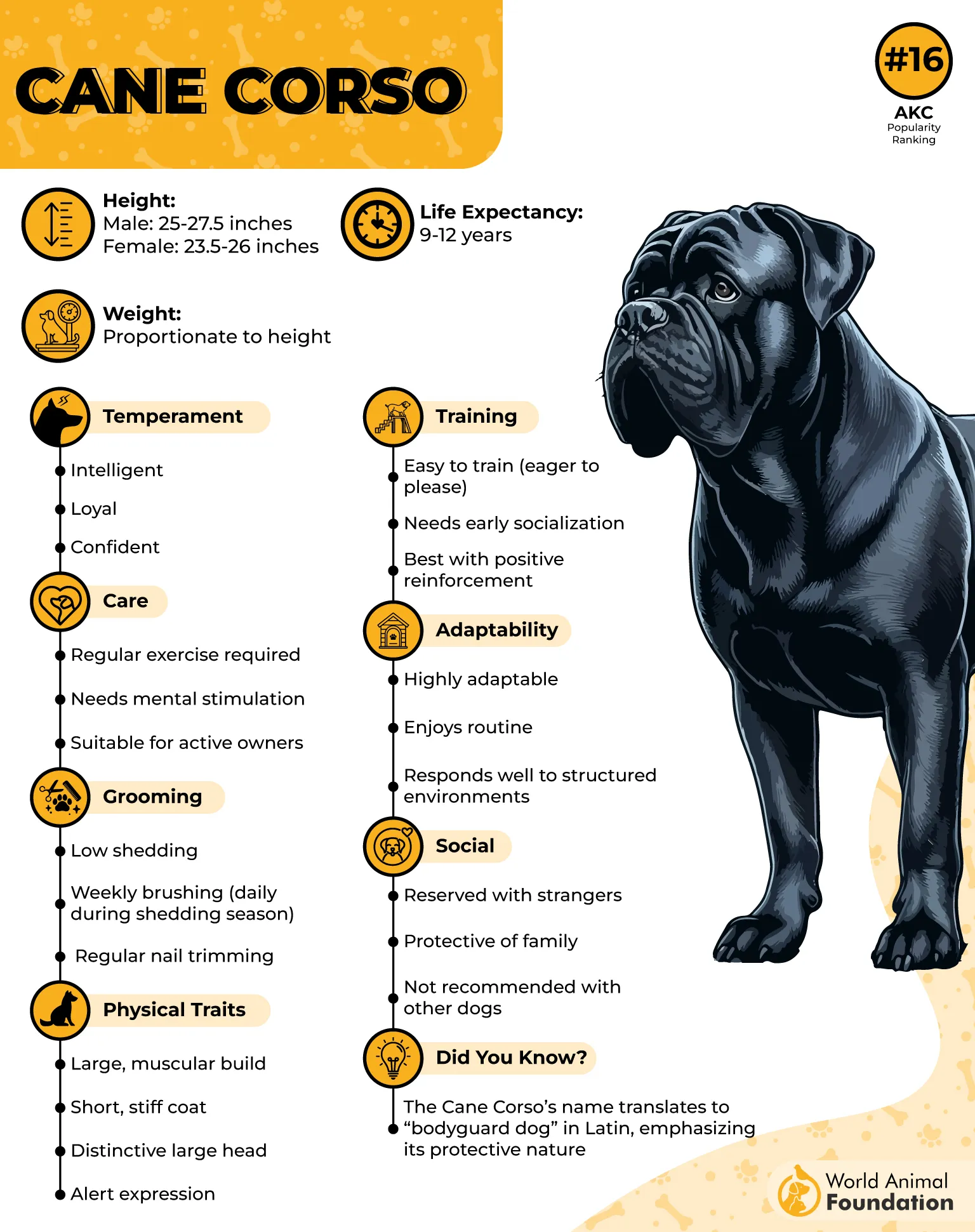
Cane Corsos are affectionate with their family, yes—but “affectionate” in the “I’ll protect you at all costs and stare down anything that breathes near you” way. Strangers? Suspicious. Other animals? Intruders. That squirrel across the street? Under surveillance.
Natural protector with an intimidating stare that says, “Try it. I dare you.”
Independent thinker, so training takes patience, confidence, and a strong leader (that’s you).
Not ideal for multi-dog homes—especially if the other dog has any ideas about sharing attention.
All business on the outside, but secretly a softie with their chosen human (just don’t tell the other dogs).
Walking a Cane Corso isn’t so much a stroll as it is a power negotiation—so skip the harness unless you want to be taken for a ride. And with other animals? Let’s just say they prefer a monogamous household where they’re the one and only.
Britannica says because of the Cano Corso’s strength and determination, it is not the ideal dog for children or seniors.
5. German Shepherd
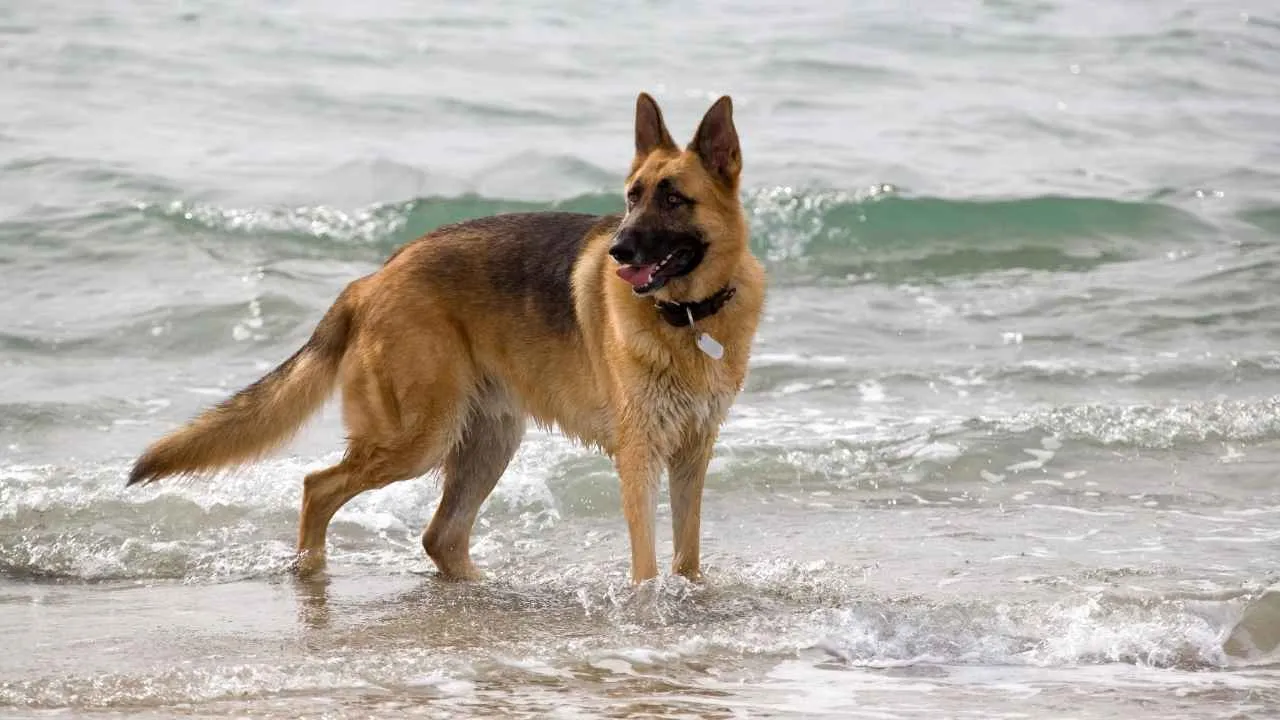
German Shepherds are like that straight-A student who sits in the front row, takes detailed notes, and still glares at anyone trying to copy their homework. Except in this case, the “homework” is you. These iconic protectors aren’t just smart—they’re laser-focused on their person, and heaven help the cat, dog, or squirrel that tries to sneak in for cuddles.
Originally bred for herding and protection, German Shepherds are all about duty, loyalty, and intense emotional bonds. Once they pick you as their person, that’s it—you’re the sun in their sky and the reason they pace the hallway at 3 a.m. when they hear a suspicious rustle.

And other animals? Well… let’s just say GSDs are more “you and me against the world” than “let’s all be friends.”
Highly intelligent and intuitive—they can sense jealousy faster than you can say “walkies.”
Protective to the core, especially in unfamiliar or chaotic environments.
Can coexist with other pets, but only after a contractually binding trust-building period (aka, socialization).
Affectionate but intense, like a dog who believes your lap belongs to them… even if you have three other dogs.
Without early training and boundaries, their guard-dog instincts can turn into a full-time “No Other Pets Allowed” campaign. But with the right leadership, they’ll chill—as long as no one else gets your hugs for free.
Bottom line: the German Shepherd is loyal, loving, and low-key suspicious of anything with fur that isn’t them. But hey, that just means you’ll never feel ignored again.
6. Great Pyrenees
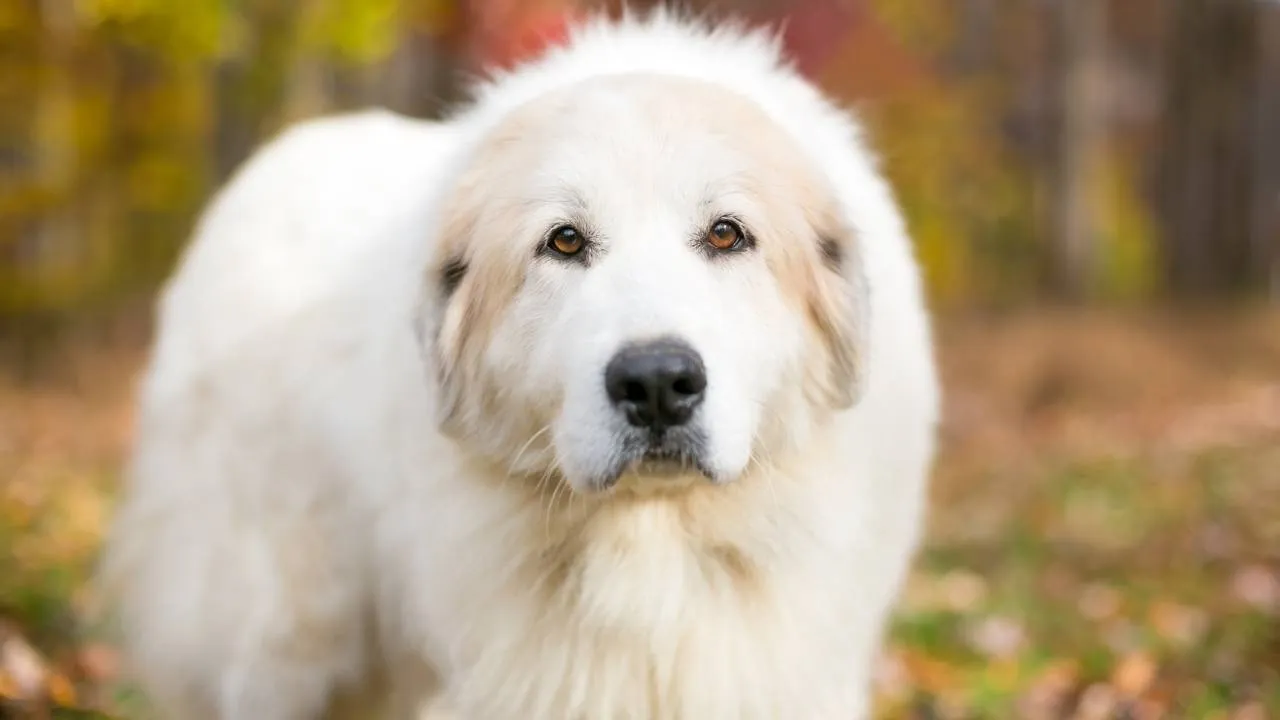
The Great Pyrenees looks like a walking, fluffy cloud—but don’t let that fool you. Beneath all that snowy fluff is a stubborn, fiercely loyal guardian who treats your family and property like a royal estate… and everyone else like uninvited guests at the castle gate.
The Great Pyrenees boasts an impressive size, standing 25–32 inches tall at the shoulder. Females typically weigh around 85 pounds, while males often exceed 100 pounds.
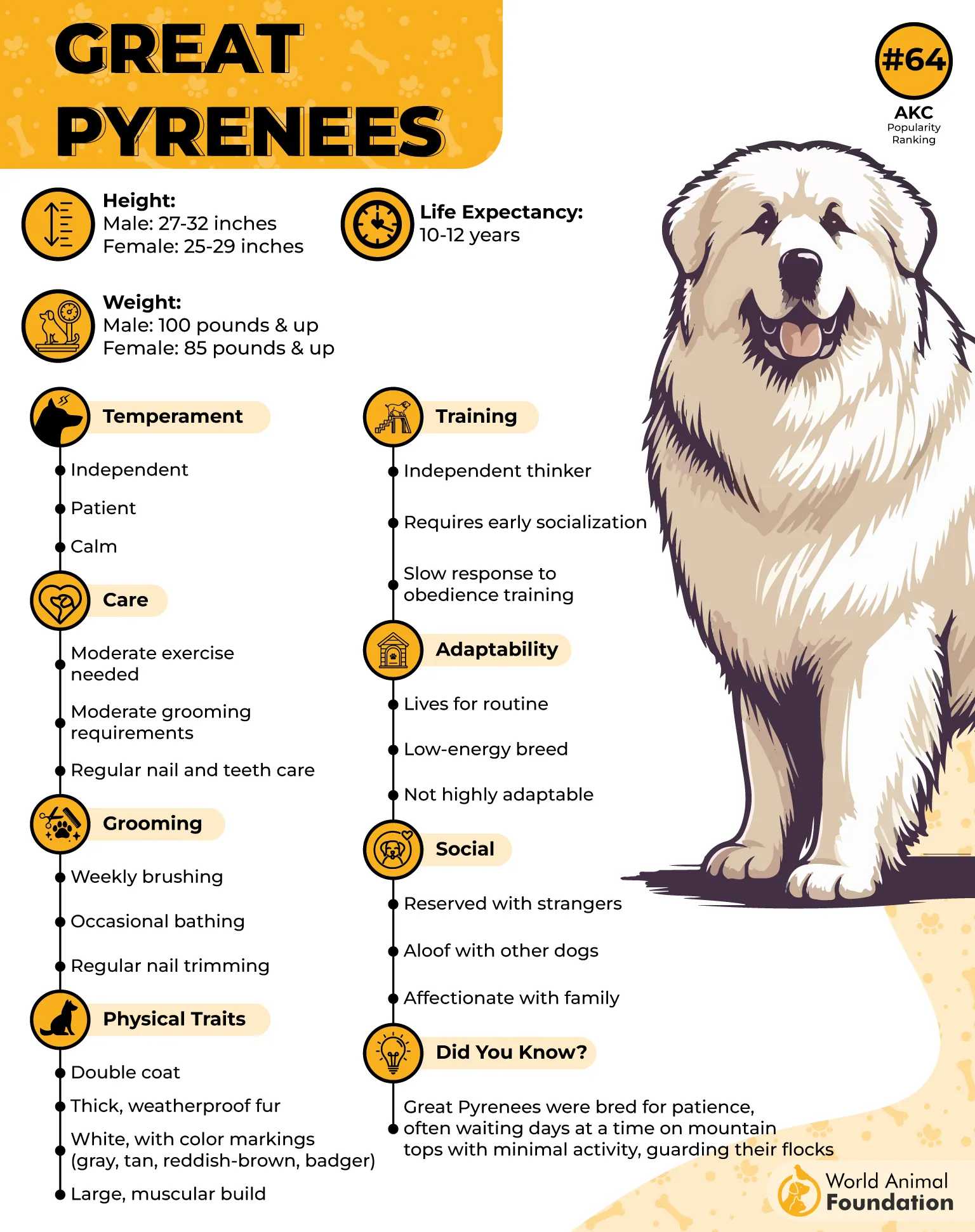
Originally bred for mountain life, their calm and gentle nature also makes them excellent companions in urban homes. This breed was bred to protect sheep from predators in the rugged Pyrenees Mountains, so they take guarding seriously.
If another dog or critter tries to cozy up to their favorite humans? Expect the classic Great Pyrenees slow stroll over, followed by a firm but polite “excuse me, this human is taken” stance.
Natural guardian instincts that kick in at the slightest sniff of competition.
Gentle with family, but has zero patience for freeloading neighborhood dogs.
Independent and strong-willed—good luck convincing them to share the throne.
Can be tolerant with early socialization, but their default is “all humans, no other pets.”
They are loving and affectionate with their families, but early socialization is essential to help them thrive and be their best selves. If you want a gentle giant who loves you exclusively and has the patience of a saint (but not for other animals invading their personal space), the Great Pyrenees is your fluffy fortress.
7. Rhodesian Ridgeback
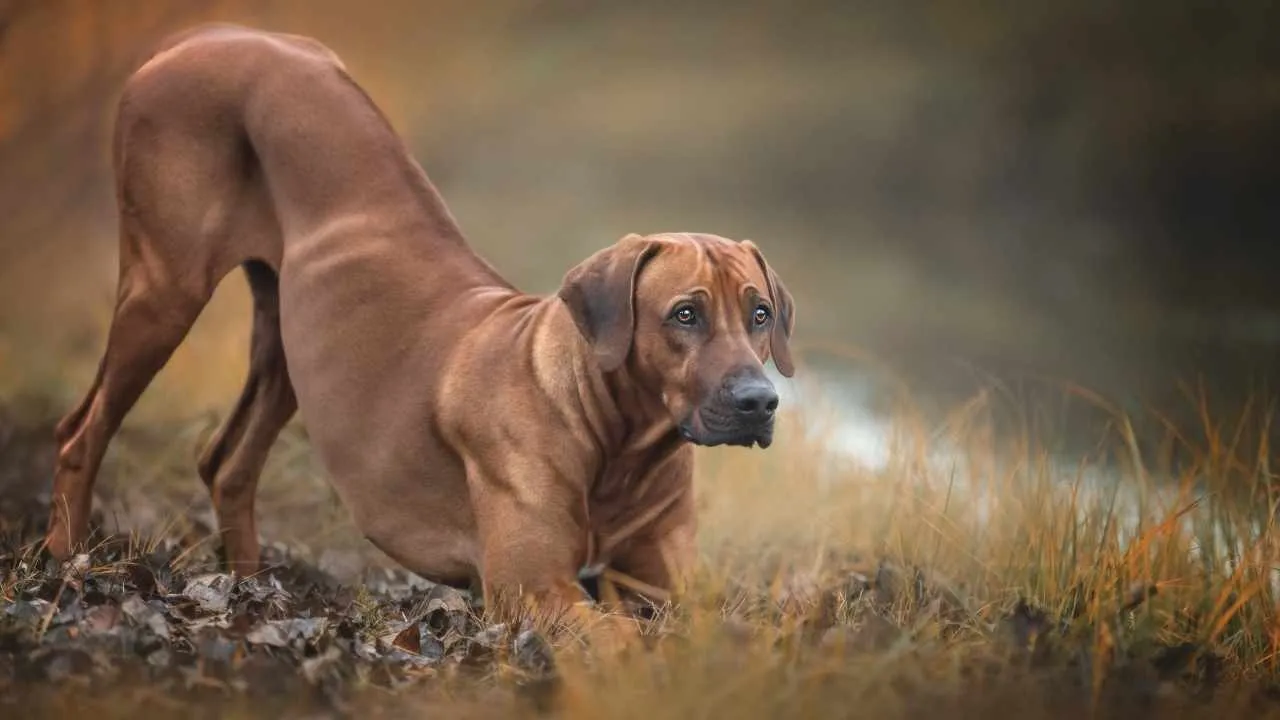
The Rhodesian Ridgeback is the African lion of dogs—majestic, proud, and built to protect their pride (that’s you!).
Known originally as the “African Lion Dog” for their fearless hunting heritage, Ridgebacks take the role of family guardian seriously… especially when it comes to their humans. Rhodesian Ridgebacks weigh between 70 and 85 pounds and stand 24 to 27 inches tall at the shoulder.
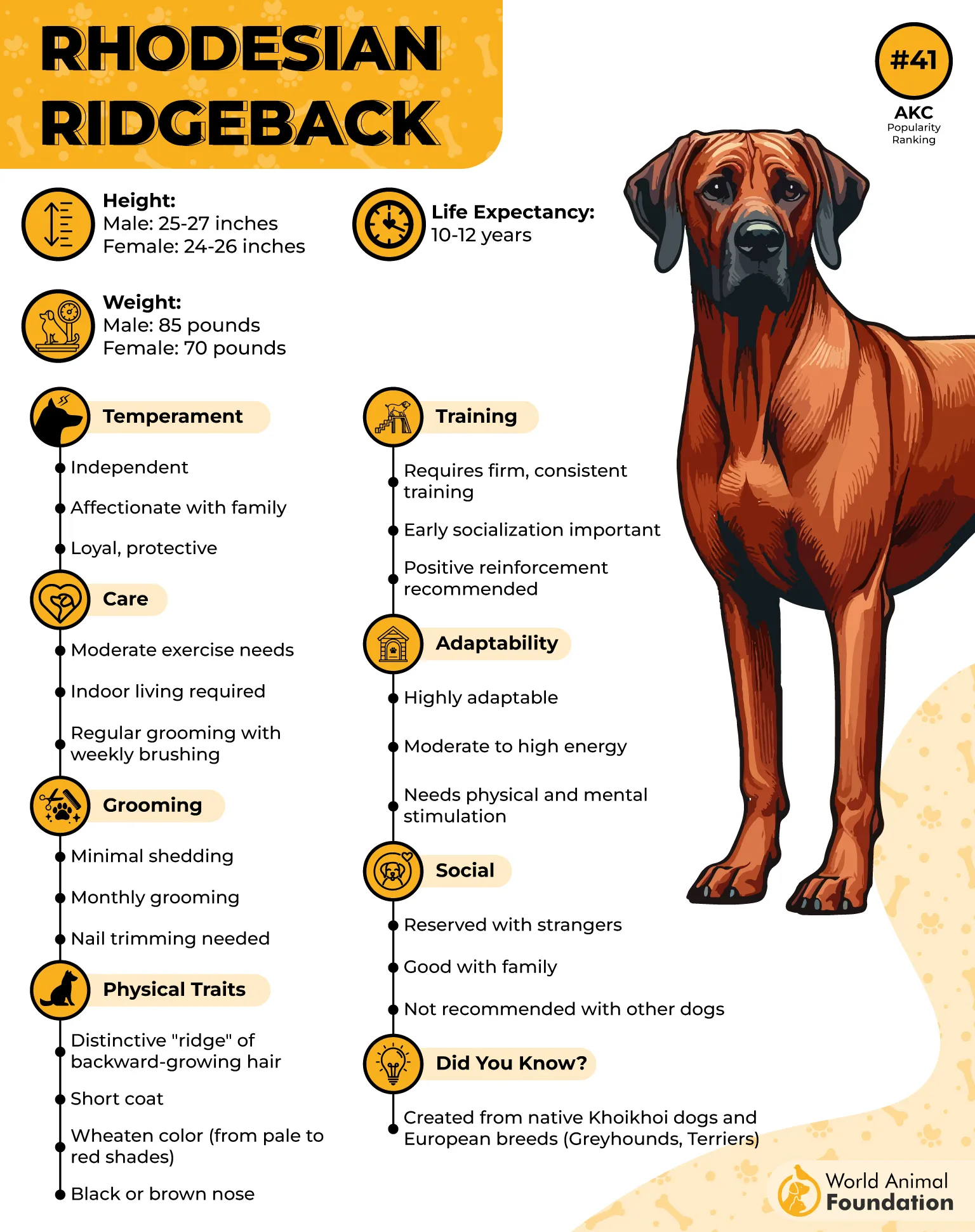
Other animals getting too close? That’s a hard pass. Ridgebacks don’t just protect—they patrol with the confidence of a king on his throne, making sure no furry or feathered interloper steals your attention.
High endurance and loyalty—they run all day, but their real job is watching your back.
Intelligent and independent, so they decide who gets close…and it’s rarely other pets.
Affectionate to their family, but usually keep a respectful distance from other animals.
Natural watchdog instincts—they’ll quietly but firmly keep other creatures at bay.
Muscular, powerful, and athletic, they can be great family dogs who form strong bonds with their owners, PetMD noted. However, their natural guardian instincts often make them reserved or aloof around strangers.
With a Ridgeback, you get a regal companion who values your bond above all else and has zero interest in sharing you with the neighborhood pets. If exclusivity had a dog breed mascot, this would be it.
Conclusion
When it comes to fiercely loyal dogs that won’t let other animals near their family members, other great dog breeds like Pit Bulls, Labrador Retrievers, Shih Tzus, and even some French Bulldogs and Boston Terriers top the list.
Whether small dogs or gentle giants like Great Danes, these velcro dogs stay close to their owners, often showing high prey drive and protecting their yard fiercely. While many are good family dogs and lap dogs, herding breeds and some terriers may display behavioral issues without proper training, especially around small animals.
Active dogs like Beagles, Greyhounds, and various hounds may have trouble sharing space with other animals due to natural instincts, making leash control and consistent exercise essential. Choosing the right dog means understanding their nature, managing their behavior, and respecting their boundaries to prevent harm. With the right training and patience, these devoted dogs can live peacefully alongside their humans and other pets—while still keeping their loved ones safe and secure.


